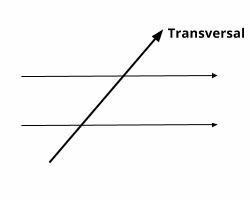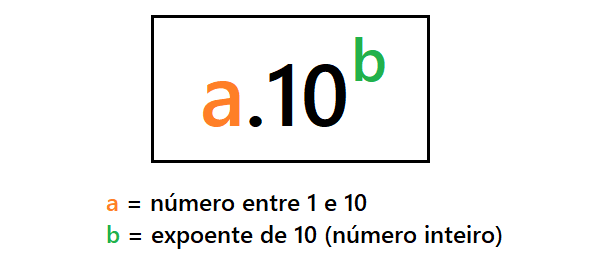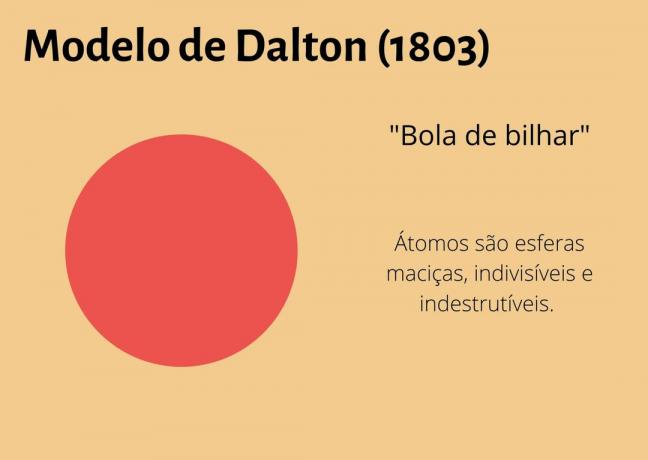Transversal is what crosses, that crosses a certain point.
According to geometry, transverse is the line that is oblique in relation to the referent.
The word transversal is an adjective of two genders, being the same in the masculine - "a transversal wall was built" - or in the feminine - "must follow this transversal street".

It is also part of the grammatical class of nouns when proper name of the linetype in geometry, as in "the exercise asks the student to draw a cross".
In common usage, the transversal is what is called a street or avenue that crosses the one referred to, another main avenue. When giving information to a tourist, for example, a local may say "To get to Av. Paulista you need to take this crossing here until the end".
In legal language, transversal are family relationships in which there is no linear bond between the parties. These are called cross relatives.
A transverse can also be a type of piercing placed across the ear, at the upper end of the cartilage.
Transverse flute
Transverse flute is the western concert flute, or the flute as known to laymen. Wind instrument made of metal with holes throughout its length, which allow the player to make different sounds in the form of musical notes.
The original transverse flutes were made of wood, not metal, and that is why even today in concerts they are considered an instrument of the wood group.
Transverse wave
 In physics, a wave can be classified as transverse or longitudinal depending on the direction of its vibration.
In physics, a wave can be classified as transverse or longitudinal depending on the direction of its vibration.
The transverse wave oscillates perpendicularly to the propagation movement, as in the case of waves formed by the vibration of a string. Whereas the longitudinal wave, the oscillation occurs in the same direction as it propagates. An example of a longitudinal wave is the sound wave.
Synonyms for Transverse
- Diagonal
- crossed
- Side
- Transverse
See also: meaning of perpendicular.



